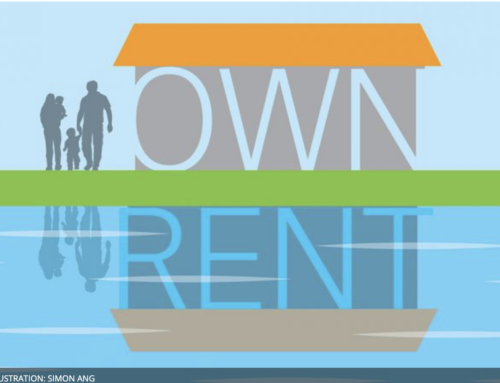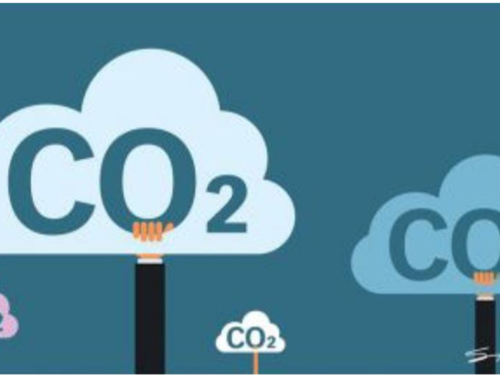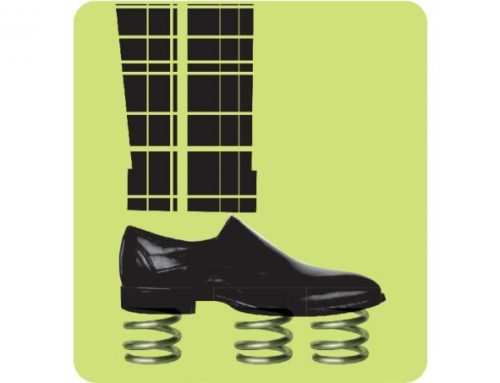THE Gini coefficient is a statistical measure of distribution that is commonly used to gauge income inequality among a population. The coefficient ranges from 0 to 1 with 0 representing perfect equality and 1 representing perfect inequality.
In February 2019, the Singapore Department of Statistics reported that the Gini coefficient remained relatively stable in 2018. It was 0.458 in 2018, similar to the 0.459 in 2017 and 0.458 in 2016, and was among the lowest in a decade. These figures are based on income before taxes and transfers. After adjusting for government transfers and taxes, the Gini coefficient in 2018 fell from 0.458 to 0.404, which puts us as having a lower level of inequality than most OECD (Organisation for Economic Cooperation) countries globally.
One of the ways business leaders can help to reduce inequality in Singapore even further is to raise the wages of lower income workers; for groups just entering the workforce and for those in their sunset years. However, this initiative needs to be worked hand in hand with the government for it to be sustainable. This is so that other initiatives like the Workfare Income Supplement Scheme and the Silver Support Scheme can be utilised effectively as well.
To view my thoughts on Business Times, visit this link:
https://www.businesstimes.com.sg/views-from-the-top/bridging-social-gaps





